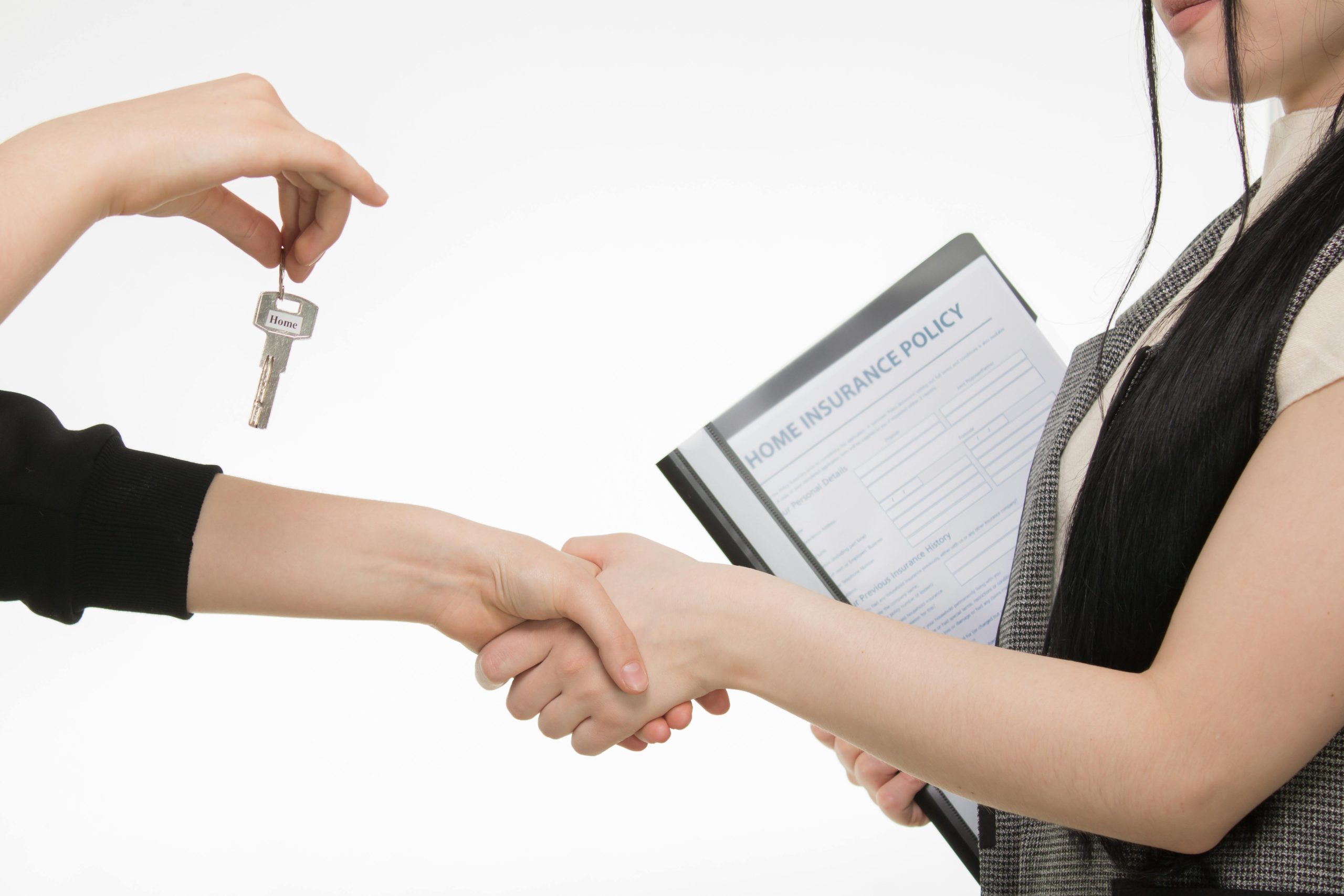Understanding Liability After Vehicle Sale: What You Need to Know
Selling a vehicle can sometimes lead to unexpected legal complications, especially when an incident occurs after the sale. Recently, a situation has raised questions about the responsibilities and rights of sellers once ownership has been transferred.
In this case, a seller who had officially transferred ownership—including signing over the pink slip and providing proof of a Release of Liability—was surprised to receive a notice claiming a hefty damages bill from a debt collection agency, AFNI. The agency alleges that the new owner, who was involved in an accident without insurance, caused damages amounting to $12,000. However, since the vehicle was sold prior to the incident, the seller is wondering about the validity of this claim.
The situation is further complicated by the fact that the new owner, who was involved in legal trouble and had an accident, is the individual currently listed as the registered owner according to police reports and DMV records. Despite the seller’s efforts to inform authorities and the collection agency of the sale—by providing the Release of Liability and the police report—they are questioning whether they can still be held financially responsible.
Key Takeaways for Vehicle Sellers
-
Official Documentation Matters: Signing over the pink slip and submitting a Release of Liability are crucial steps that establish you as no longer the owner and, typically, limit your liability.
-
Notify the DMV and Relevant Authorities: Informing the DMV and obtaining confirmation that the vehicle is no longer registered in your name provides legal proof of sale.
-
Understand the Limits of Liability: Once the transfer of ownership is complete and documented, liability generally shifts to the new owner. However, issues can arise if the new owner is involved in legal disputes or accidents shortly after purchase.
-
Legal Advice Is Recommended: If you receive notices demanding payment for damages incurred after the sale, consult with a legal professional experienced in vehicle transactions to understand your rights and possible defenses.
Final Thought
Selling a vehicle can protect you from future liabilities when done properly, including completing all necessary paperwork and informing the appropriate agencies. If you find yourself in a situation where you’re being contacted for damages or debts after the sale, reviewing your documentation and seeking legal guidance can help clarify your position and prevent unwarranted financial responsibility.



